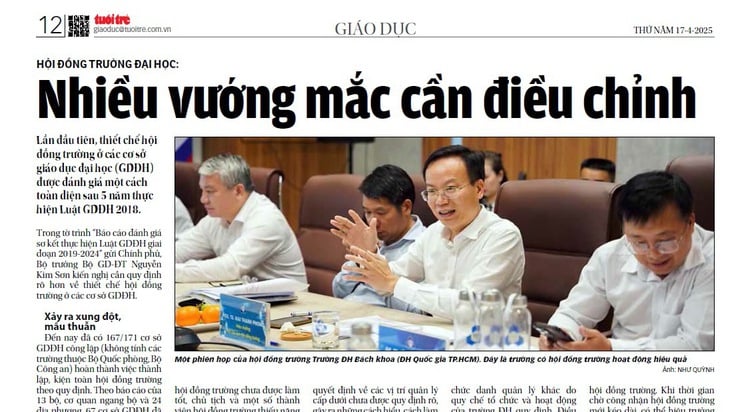
Tuoi Tre Newspaper on April 17 reflects on the shortcomings of the school board.
In some places, there are even conflicts and power struggles between the school board and the principal.
Over the past 10 years, university autonomy has become one of the strongest slogans of innovation in Vietnamese higher education. The Law on Higher Education (LHE) 2012, and its 2018 amendment, has officially established a new institution in modern higher education governance: the university council.
This is a big step forward, learning from the world's advanced university governance model, but when applied in the Vietnamese context, it is confusing, operates ineffectively and even exists in some places only as a coping mechanism.
Three underlying causes
Confusion over decentralization, regulatory ambiguity and lack of practical experience are holding back the university council - an institution that was expected to lead the university into an era of autonomy.
The root causes of this stagnation stem from three main roots: an incomplete legal framework, an outdated governance culture, and confusion in practical operating models.
Firstly, the current policy has clearly stipulated the authority of the school board in the 2018 Law on Higher Education, especially in Article 16. Accordingly, the school board has the right to decide on development strategies, approve financial plans, organizational structure, appoint and dismiss principals, supervise finances and accountability.
However, in reality, many powers stated in the law are still suspended or understood differently because there are no specific instructions on the enforcement mechanism, legal validity and clear decentralization between institutions in universities.
For example, the law states that the school board "decides and submits to the competent authority to approve the principal" - this leads many places to understand that the school board only has the right to "propose", while the actual appointment power still belongs to the superior. Resolutions on organization, finance, personnel, etc. also lack clear provisions on enforcement.
The relationship between the school board - the principal board - the party committee has not been clearly defined in the law and guiding documents. While the law gives the school board the right to decide on the organization, personnel, strategy, etc., the principal is the executive, while the party committee has comprehensive political and ideological leadership. This overlap leads to a lack of consistency in coordination between the three institutions, creating the risk of stepping on each other's toes or even paralyzing strategic activities.
Second, the current personnel structure of the school board is still more formal and representative than competent. The selection of members is mainly based on the structure of the unit or sufficient composition, or academic qualifications, without focusing on strategic competence or management experience.
Many members do not have a clear role, lack knowledge of university governance, and are not trained to participate effectively. The fear of conflict and "nodding to get it over with" mentality makes the school council become a shadow, existing in name but lacking a real voice.
The third issue - and also a peculiarity of Vietnam - is the relationship between the Party Committee and the School Council. In many schools, the Party Committee Secretary is also the Chairman of the School Council, in order to unify the leadership and avoid internal conflicts. Politically, this is a solution to ensure systematicity.
However, in terms of university governance, the merging of these two roles can blur functional boundaries. The Party Committee is the political leadership organization, the university council is the strategic agency. The merging of these two roles carries the risk of politicizing and bureaucratizing the university council, obscuring the independence and strategy that this institution should have.
The law needs to be clear and coherent.
It must be recognized that the school board is not a decoration to demonstrate the autonomy model, but a living entity - a place where strategic thinking, transparent supervision and constructive criticism converge. Therefore, the amendment of the Law on Higher Education this time is not to make it better, but to make it clearer and more coherent.
The actual authority of the school board needs to be clearly defined: Does it have the right to decide on the principal or just make recommendations? Does it have the right to approve strategies and budgets? The relationship with the party committee and the principal must be redesigned in a clear, complementary, and non-overlapping direction...
Second, we need to shift the selection of school board members from "sufficient members" to "right capacity". Each position needs to have a specific job description, clear evaluation criteria, and accountability. We need to compile a handbook for school board operations - both as a training tool and to shape a standard operating model.
Third, it is necessary to seriously train and develop the capacity of school board members. Being on the school board cannot be considered an "honorary position" or "sitting around doing nothing", but must be a strategic position, requiring in-depth knowledge of higher education, finance and administration and training.
Supreme Authority
In many countries, the role of the university council has been clearly demonstrated in developed university systems such as the UK, Australia, the Netherlands or the US. The university council is the supreme authority, playing the role of strategic orientation, financial supervision, approving development policies and controlling the principal's operations.
Real power
The school board is not wrong. The mistake lies in the way we understand, operate and design the institution so that it can develop its true nature. If we do not remove the legal, cultural and human bottlenecks, this institution will forever be stuck in a formal role.
Resolving the problems with university councils is not an internal matter of the education sector, but a part of the national institutional reform flow. Amending the Law on Higher Education is to give the university council real power and truly become the center of power of modern universities.
Source: https://tuoitre.vn/hoi-dong-truong-co-ghe-nhung-khong-co-quyen-2025042308453108.htm


![[Photo] Prime Minister Pham Minh Chinh chairs a special Government meeting on the arrangement of administrative units at all levels.](https://vphoto.vietnam.vn/thumb/1200x675/vietnam/resource/IMAGE/2025/5/9/6a22e6a997424870abfb39817bb9bb6c)
![[Photo] Magical moment of double five-colored clouds on Ba Den mountain on the day of the Buddha's relic procession](https://vphoto.vietnam.vn/thumb/1200x675/vietnam/resource/IMAGE/2025/5/9/7a710556965c413397f9e38ac9708d2f)
![[Photo] General Secretary To Lam and international leaders attend the parade celebrating the 80th anniversary of the victory over fascism in Russia](https://vphoto.vietnam.vn/thumb/1200x675/vietnam/resource/IMAGE/2025/5/9/4ec77ed7629a45c79d6e8aa952f20dd3)

![[Photo] Russian military power on display at parade celebrating 80 years of victory over fascism](https://vphoto.vietnam.vn/thumb/1200x675/vietnam/resource/IMAGE/2025/5/9/ce054c3a71b74b1da3be310973aebcfd)

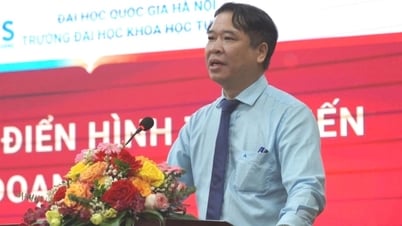
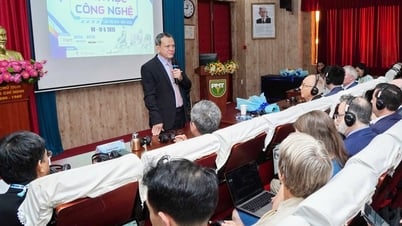



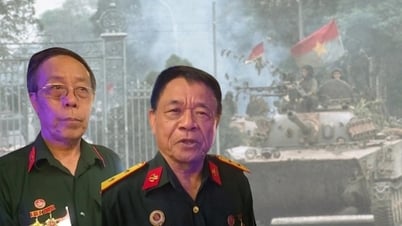






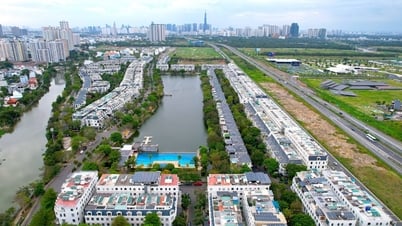


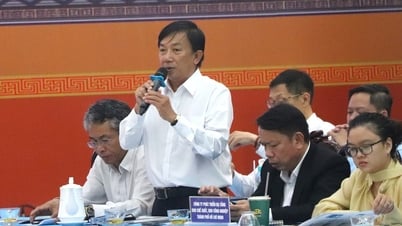




































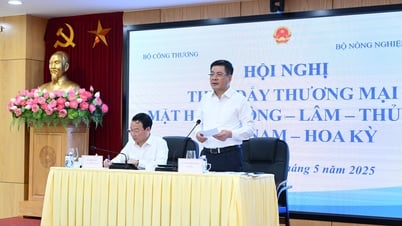












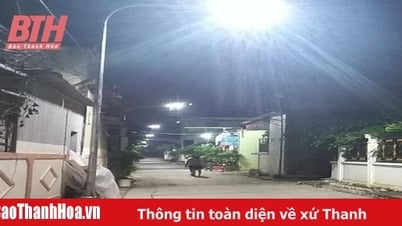

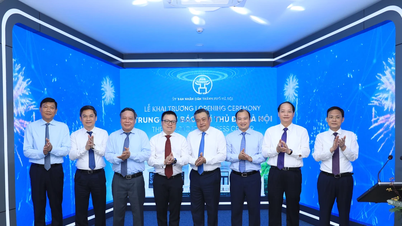

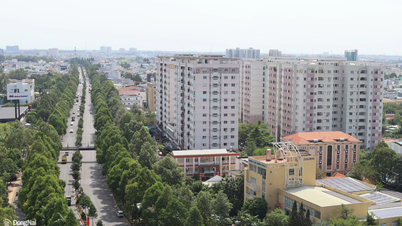











Comment (0)